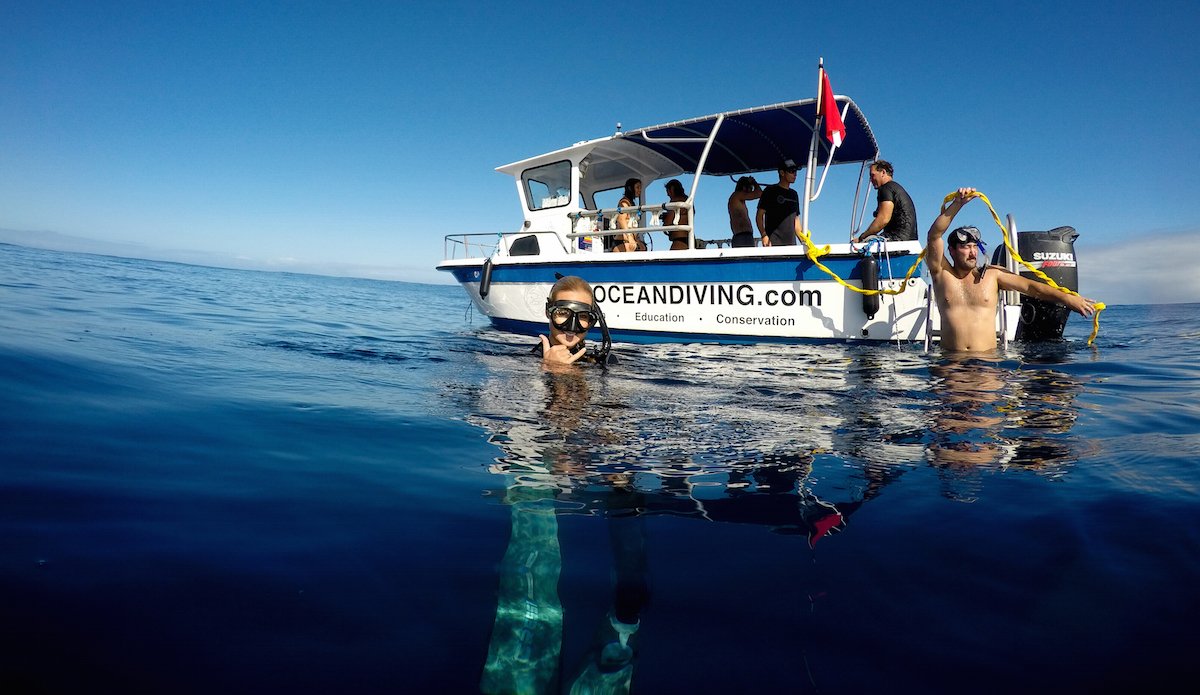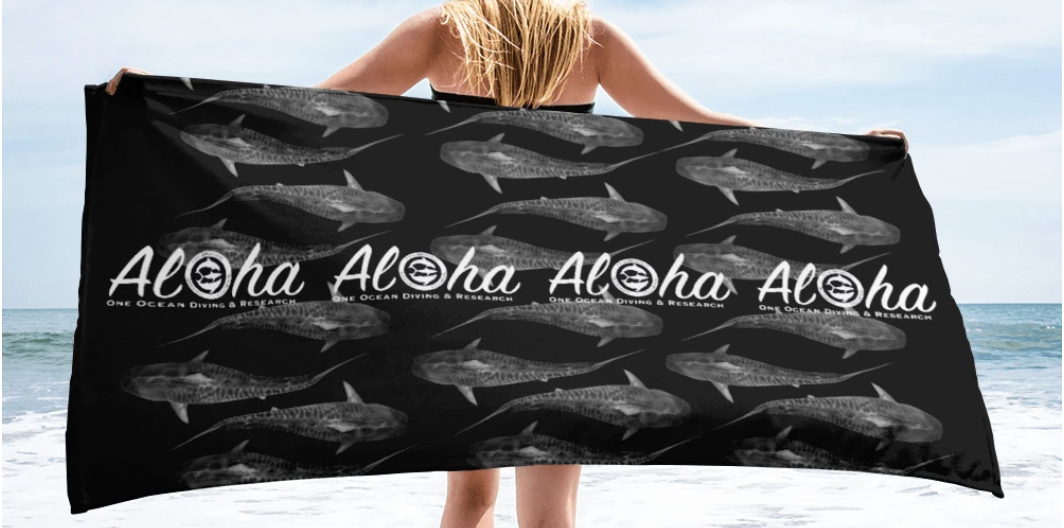As I hope to help people to overcome their fear and misunderstanding of sharks, it should be replaced with a high, healthy level of respect for their ecological role and capabilities as apex predators. They are not monsters, but please always shark dive under the safety and guidance of an experienced and trained professional who works full time in that specific area of the world and if they are not giving you a thorough safety briefing and have safety equipment on board that they can point out immediately don’t go.
As the holiday season comes up, and some people travel, or even at home as you enjoy activities with family and friends, please be safe and do a little research on the companies you’re going out with. I just want people to be safe and enjoy time with loved ones and fall in love with nature and incredible experiences, including those with sharks, but such activities should be done so respectfully and as safe as possible so something’s to help you consider before you book an excursion out to sea:
The safety record of the company and how many years they have been operating. A company may have a perfect safety record but they may be new and inexperienced.
Always go with local experienced guides; if you have a trip leader, make sure they are taking you out with an established company that has a perfect safety record and experienced crew.
Having a guide with a scientific degree does not mean they have experience working in water with wildlife, professional-level water safety skills, or local-level understanding of the wildlife and current systems, so please don’t factor a degree into safety considerations, go with someone with real-world experience, or ideally both :).
Don’t be afraid to look into their safety protocol. Also, ask about what kind of safety training and equipment they have prior to boarding a boat. I cannot even tell you how many times I’ve gone on a boat somewhere else in the world and they didn’t have a game plan for the worst-case scenario, no trauma response equipment, and no safety considerations included in the dive profile briefing.
Pay attention to the Captain, for good info, but also for concerning behavior as traveling the world I’ve experienced Captains falling asleep at the wheel, operating inebriated, or not looking around for people or marine life in the water before engaging the engines. Be very careful around the back of a boat, and other boat traffic, I’ve heard of far too many people getting seriously injured or killed by being propped or run over.
If you’re scuba diving, make sure they brief a solid recall and end-of-dive accounting system so you don’t get left behind.
There should always be a professional guide giving a safety briefing before the dive, entering the water before you, directly supervising you the entire dive, and not exiting the water until after you have.
For shark diving at the surface: If they don’t give you the option to exit the water at anytime you wish, don’t get in.
If you get in the water and they are not putting themselves between you and any directly approaching shark, get out.
Please respect wildlife responsibly for the sake and safety of yourself and others, including the reputation of the wildlife you visit, as this is the best way to enjoy nature in nature ❤️🫶
While this post wasn’t meant to be an endorsement I will answer basic questions about the company I am proud to work with as well as give some recommendations for operators in other parts of the world whom I’ve dove or worked with:
@OneOceanDiving has operated 7 days a week year-round (*weather permitting) with a perfect safety record since its opening more than a decade ago, and on the training basis from more than 20+ years of working with over 30+ species of sharks specifically in-water both locally and around the world, including all the largest predatory species.
#OneOceanDiving has strict safety requirements and extensively trained guides (the training they go through is TOUGH, as it should be, in order to protect their life, the lives of others, and the sharks reputation).
#OneOceanSharkDiving safety equipment is specifically positioned close to the point of water exit. All boats have trauma kits, which include tourniquets. One Ocean also has an AED and an emergency oxygen kit on board. The crew goes through trauma training, emergency drills, COI drills, and receive life-saving certification in addition to other professional ocean guiding certifications like Divemaster prior to even beginning shark behavior and professional shark safety guide training. Not all companies, states, and countries have the same requirements or certification minimums so I hope this blog helps you know what to look for in your upcoming adventures in nature.
If possible, please help support companies and organizations who give back. Like @OneOceanDiving which helps supports local reef and beach clean-ups, domestic and international educational outreach and science, wildlife protection legislation, supports women in STEM, and provides jobs working with wildlife sustainably for locals.
Other operators that I can personally vouch for as being safe and responsible operators are @MooreaMoanaTours and @PelagicDiversFuvahmulah
*All activities in nature have the potential to be dangerous, but truthfully you’re more likely to be killed by a human, than another species, so just factor that in while driving and into human implications involved in accidents.
Best wishes to you and yours!






